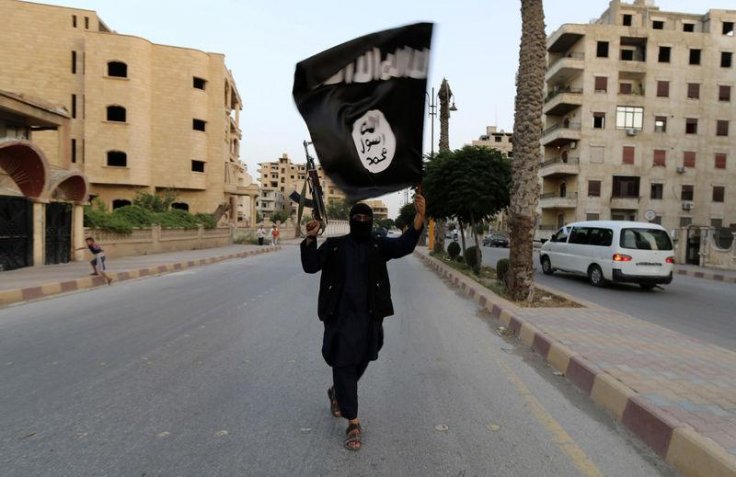Turkey said it will send Isis fighters held in northern Syria detention centres back to their home countries in Europe, posing a major challenge the European capitals have been hoping to avert so far. Turkish Interior Minister Suleyman Soylu said the repatriation will start happening as early as Monday.
The Kurds had warned European governments earlier that unless they acted tough with Turkey, they would have to soon deal with a wave of battle hardened Islamic State fighters. "The threat is very big due to the arbitrary way in which the United States has withdrawn. This has allowed many (Islamic State) members to escape and they will make their way back to their countries to continue their terrorist activities," Kurdish political leader Ilham Ahmed told Reuters.
"We are telling them: 'We'll repatriate these people to you', and we are starting as of Monday," Soylu said, according to Euronews. Turkey clarified that the Islamic State mercenaries will be sent to their home countries irrespective of their government's stand on accepting them.
Many European governments have said they will not let the militants come home again and some have cancelled their citizenship after joining the Islamic Caliphate of slain terrorist Abu Bakr al Baghdadi. Turkey was widely criticised for the incursion and the US slapped sanctions on the Nato ally after a domestic outcry.
Where are these militants now?

Turkey captured these Isis militants during its incursions into the Kurdish-held areas in northeastern Syria last month, following the withdrawal of the US troops. Ankara has been critical of the European capitals for their unwillingness to deal with the mercenaries front-on. The Turkish minister pointedly criticised the refusal of UK, France and Belgium to repatriate the home-grown terrorists.
It was reported in the immediate aftermath of the Turkish incursion into Kurdish areas in northern Syria that as many as 60 high-value Isis terror operatives had escaped from their prisons. Five five years of hard work against the Islamic State jihadists was undone with the escape of the dangerous terrorists who had been held in war time prisons in northern Syria, a top US official had said.
Hundreds of Isis sympathisers, who were in low security detention centres in the region, also escaped. Analysts feared that the release of the Isis fighters will lead to a resurgence of the Sunni Islamist jihadi group in the region as well as in European countries from where the mercenaries had arrived at the dawn of the Islamic Caliphate in vast swathes of Syria and Iraq in 2015.
What do European governments say?
Britain: Our priority is the safety and security of the UK and the people who live here. Those who have fought for or supported Daesh should wherever possible face justice for their crimes in the most appropriate jurisdiction, which will often be in the region where their offences have been committed.

Belgium: The trial for IS fighters should be held near the place where they committed their crimes. This must imperatively be done in fair conditions and in compliance with international law. Discussions are continuing and Belgium remains convinced that this is the solution that minimizes the risks for our society while respecting the rights of the defendant.
France: The subject with the Iraqi authorities is to find a judicial system that could try all these fighters, including the French ones. The French women who went to this region in 2015 knew what they were doing. They aren't tourists. They are fighters against France and must face trial (in Iraq) if possible.








